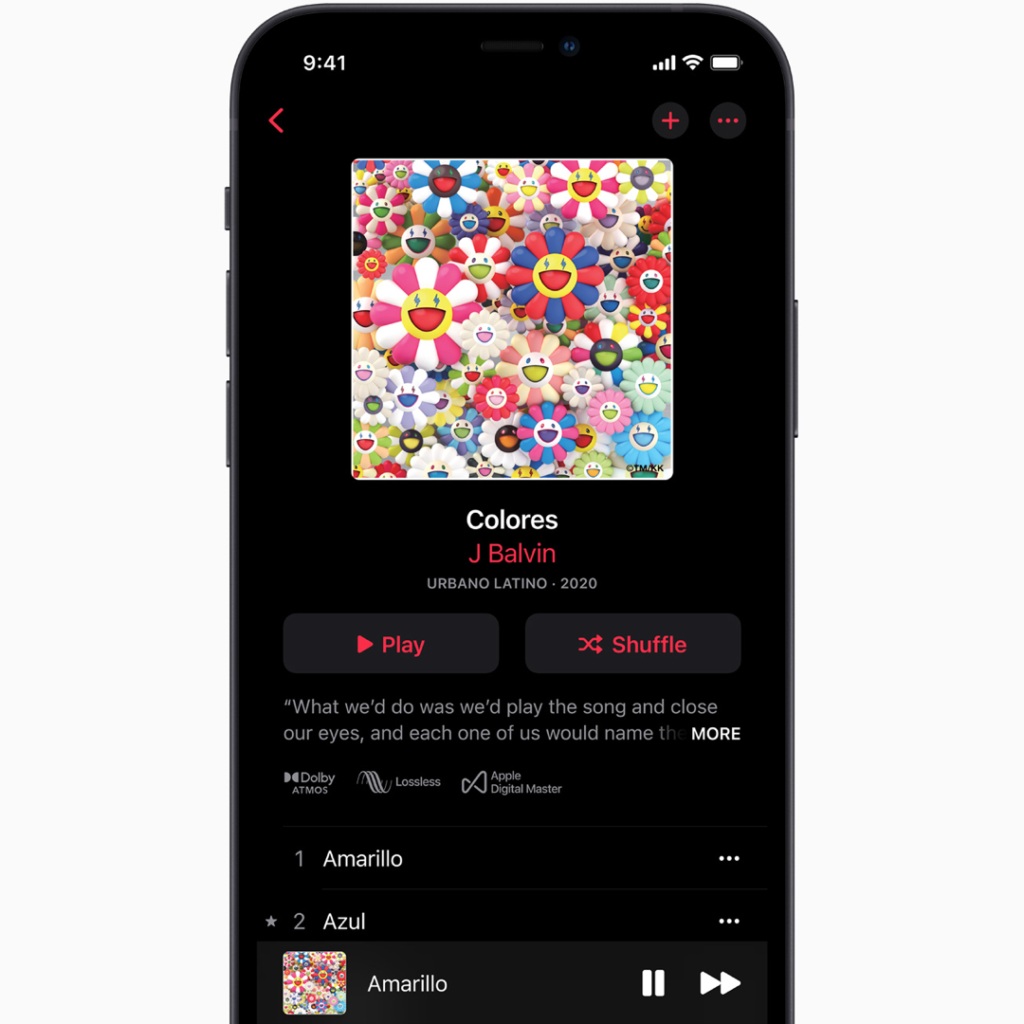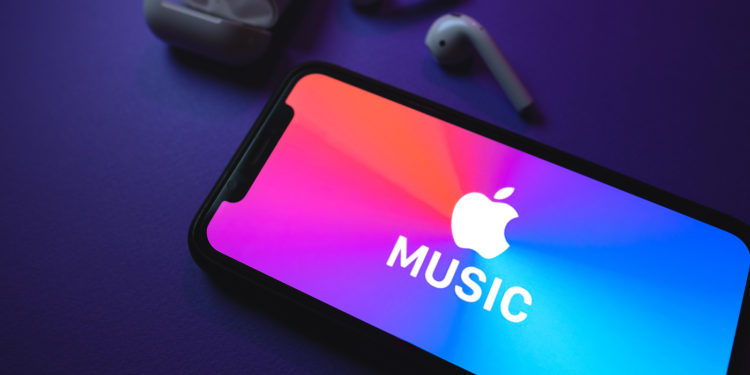Apple has officially announced that Apple Music will offer lossless music quality options for its entire catalog at no additional cost starting in June. Apple says that lossless quality will be available for more than 75 million tracks in the Apple Music library.
Now it's official. Apple Music will be expanded to include lossless audio streaming expanded. It also introduces support for Spatial Audio music with songs in Dolby Atmos. Users will be able to listen to select albums with an immersive 3D sound space on AirPods, AirPods Pro, AirPods Max, and Beats headphones with an H1 or W1 chip. Apple says thousands of Dolby Atmos songs will go live in June. The company explains that it is working with artists like Ariana Grande, Maroon 5, Kacey Musgraves, and others for the initial Dolby Atmos launch on Apple Music. Apple promises that it will "continuously" add new Dolby Atmos tracks and introduce new additions with dedicated playlists. Currently, "Spatial Audio" requires either AirPods Pro or AirPods Max. However, Apple explains that Dolby Atmos titles will be sent to all AirPods or Beats headphones with a W1/H1 chip, so we'll have to wait and see how good the 3D effect is on all different types of headphones.

Apple Music Lossless will be released in June on iOS 14.6
As seen in the screenshot above, albums that support Spatial Audio will be marked with a new Dolby Atmos logo. Lossless audio uses the ALAC format. Users can select lossless mode by going to Settings -> Music -> Audio Quality and selecting "Lossless" or "Hi-Resolution Lossless." Lossless formats use significantly more bandwidth when streaming, which is why Apple explicitly makes the feature an option. It's also currently unclear whether the AirPods alone are good enough to hear the difference in sound quality. More professional and specialized wired headphones may be required to really enjoy it; at the very least, an external DAC is needed for Hi-Res Lossless. Apple Music will introduce the new Lossless and Spatial Audio features in June - likely alongside the release of iOS 14.6. (Photo by nikkimeel / Bigstockphoto)





